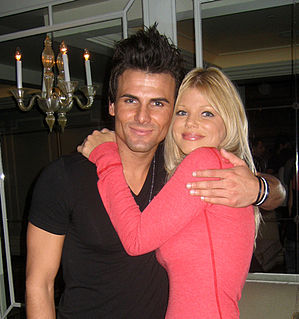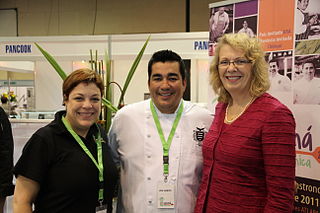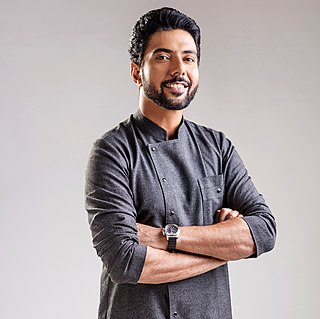A Quote by Jeremy Jackson
That said, there are certainly still cooks out there who make fantastic historical cornbreads, though the old recipes have often been changed to include modern techniques and ingredients.
Related Quotes
Is it not a rather fantastic historical irony that the torture techniques that the North Vietnamese used against McCain that forced him to offer a videotaped false confession are now the techniques the Bush administration is using to gain "intelligence" about terror networks. How is it possible to know that everything John McCain once said on videotape for the enemy was false, because it was coerced, and yet assert that everything we torture out of terror suspects using exactly the same techniques is true?
Writers of historical fiction are often faced with a problem: if they include real-life people, how do they ensure that their make-believe world isn't dwarfed by truth? The question loomed large as I began reading 'The Black Tower', Louis Bayard's third foray into historical fiction and fifth novel overall.
The wonderful police officers who spend time with me I don't think appreciate that, but I do still drive. I do still cook: not often, but just last week, I really felt like making one of my mum's old recipes - so I did. I do still go to our local department store to buy things like maternity jeans that no one else can really do for me.

































